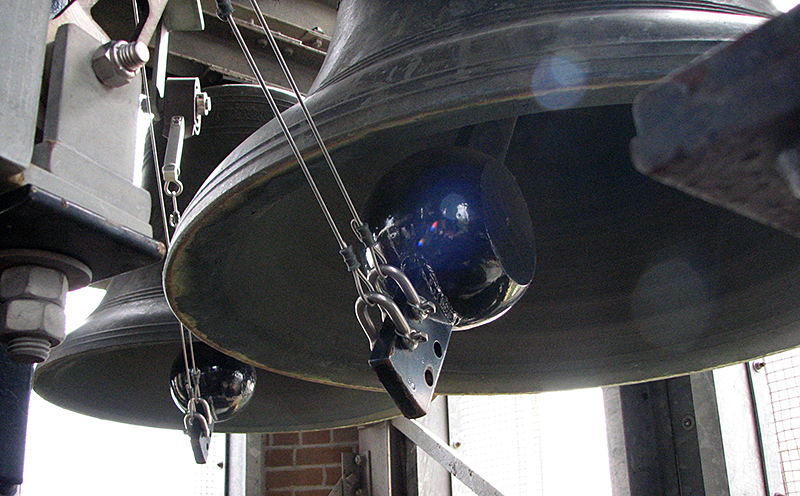Absent a state Board of Regents decision this spring to renew or replace it, the regent system's phased retirement option will expire on June 30. Phased retirement allows eligible employees to shorten their work schedule and move toward retirement over a two- to five-year period. That time gives the hiring unit time to plan for the future.
"The intent is to have a smooth, more efficient transition, one where employees are downloading knowledge while working a reduced schedule and departments are doing some succession planning," said Ed Holland, benefits director in university human resources. "There are costs involved, but it can be a win-win."
Phased retirement
Interested, eligible employees should talk with their supervisors as soon as possible about applying for phased retirement. Holland noted that phased retirement is not a guaranteed benefit and, depending on a unit's finances and staffing needs, administrators have the discretion to approve or deny requests. Record student enrollments have created higher workloads in most areas of campus, and maintaining service levels with fewer employees is a difficult assignment, he said.
He urged employees to submit their applications by March 1 to allow time for the review and approval process.
B-base faculty approved for phased retirement must begin their phased program no later than May 1; all other employees must be on their reduced schedule when the program's anticipated sunset date arrives on June 30.
Who's eligible?
Faculty and professional and scientific and merit staff who are at least 57 years old with a minimum 15 years of service to the university -- they needn't be consecutive years -- are eligible to request participation in the phased retirement program. If approved, an employee can negotiate a phased period of up to five years (units may insist on a shorter period), with retirement required at the end of the specified phasing period.
In the first years of phased retirement, an employee works 50 to 65 percent of full time, as outlined in the phased retirement application. In each of those years, the employee's salary will match the phased work percent, plus an additional 10 percent of the full-time salary. In the final year, an employee works 50 percent of full time and receives 50 percent of his or her full-time income. During the entire phased period, ISU and employee contributions for health and retirement benefits continue at the full-time level. Details about other benefits are in the policy.
Sunset date
Board senior communications manager Josh Lehman said that unless the regents take action to continue or modify the program at a meeting prior to June 30, it will expire on that date.
A phased retirement option has been in place at the regent universities since 1982, renewed for five-year periods since then. A board-approved, special phased retirement plan was among the strategies Iowa State leaders used in 2010-11 to navigate through several years of state budget uncertainty.

